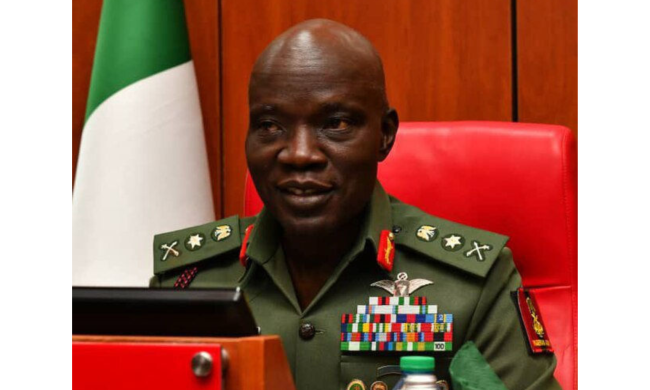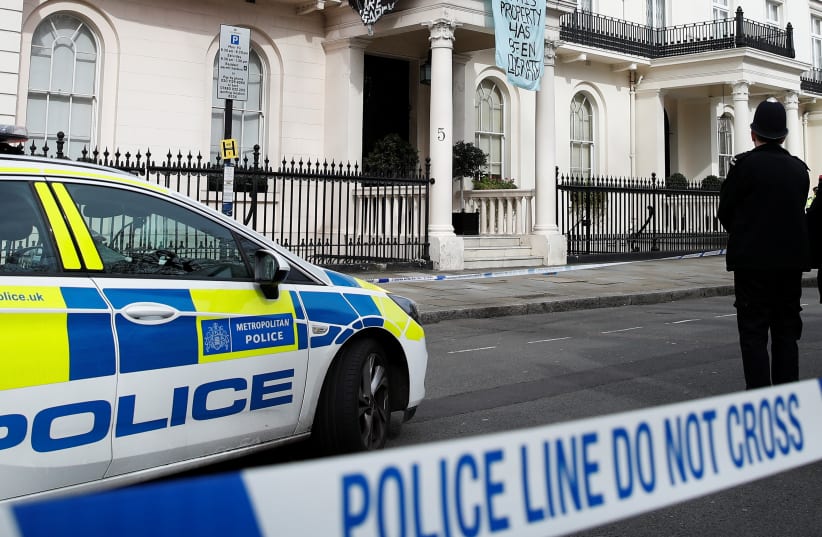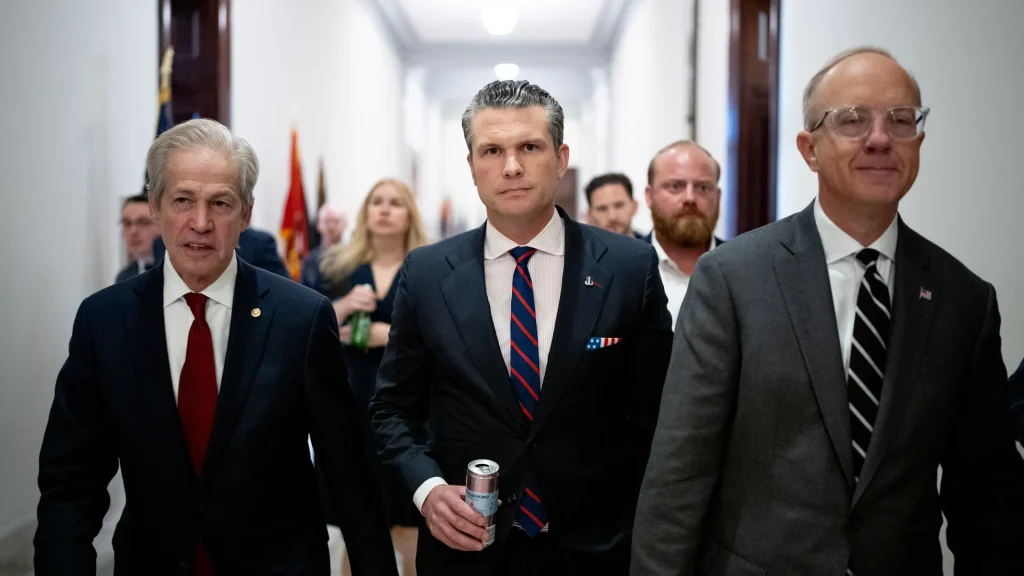Lagbaja Rumours Death

In a swift rebuttal, the Nigerian Army has categorically denied media reports that its Chief of Army Staff, Lt. Gen. Taoreed Lagbaja, has passed away from cancer, characterizing the rumours as speculative and unfounded.
These reports, which had gained significant traction on social media, were triggered by a tweet from former presidential aide and commentator Jackson Ude, which suggested that Lagbaja had succumbed to stage three cancer in an undisclosed foreign hospital.
Responding to these allegations, the Army spokesperson, Maj. Gen.
Onyema Nwachukwu, was quick to dispel the notion of a leadership void, emphasizing that the Army is a well-established institution with established procedures and protocols for handling various situations.
Lagbaja, according to Nwachukwu, had enacted necessary protocols before embarking on leave, granting the Chief of Policy and Plans (Army) Maj. Gen. Abdulsalami Ibrahim the authority to act in his absence.
“It is critical to stress that the Army remains robust and resilient in the face of these unfounded rumors,” Nwachukwu said, adding that, “all routine and scheduled activities of the service are on course, with the appropriate departmental chiefs faithfully carrying out their duties in accordance with the directives of the COAS.”
The military spokesperson’s statement serves as a timely reminder that in a highly charged political climate, misinformation can spread rapidly, challenging the integrity of the armed forces and the nation they defend.
As the dust settles on this particular controversy, it is worth considering the broader implications of the Lagbaja rumors, which highlight the potential for discord and disinformation to undermine the unity and cohesion of the armed forces.
The episode also raises questions about the role of social media in disseminating information, particularly in a context where rumors and speculation can spread faster than fact-based reporting.
In a nation as large and diverse as Nigeria, where tensions and conflicts often simmer beneath the surface, maintaining a unified and objective understanding of reality becomes a critical component of national security.
The Lagbaja incident is therefore a valuable opportunity for reflection and introspection, not only for the military, but also for the general public.
It underscores the importance of critical thinking and media literacy, as well as the need to verify information before accepting it as fact.
The incident also serves as a reminder of the crucial role that trusted and independent sources of information play in upholding democracy and stability.
In a country where mistrust and suspicion can run deep, a shared commitment to truth and transparency becomes even more vital, forming the bedrock upon which a strong and resilient society can be built.
As Nigeria continues to navigate its way through a tumultuous political landscape, the echoes of the Lagbaja incident linger, offering a sobering reminder that the health of a nation’s security apparatus is inextricably linked to the health of its public discourse.
With the potential for misinformation to wreak havoc on the social fabric, the stakes are high, and the need for responsible and accurate reporting has never been greater.
As we move forward from the Lagbaja episode, the nation must remain vigilant, recognizing the dangers that lurk in the shadows of falsehoods and disinformation.
The path to a stable and prosperous future is paved with truth and objectivity, where the commitment to fact-based journalism and open dialogue serves as a powerful antidote to the corrosive forces of mistrust and division.
The fate of Nigeria, like that of any nation, is intimately tied to the integrity of its discourse, the resilience of its institutions, and the strength of its commitment to democratic values.
Referenece and Citations:
- DailyTrust – Lagbaja not dead, says army
- Punch – Army debunks COA’s death rumours, retires 15 Generals
- Thisdaylive – Chief of Army staff, Taoreed Lagbaja, speaks to Tinubu on health status





